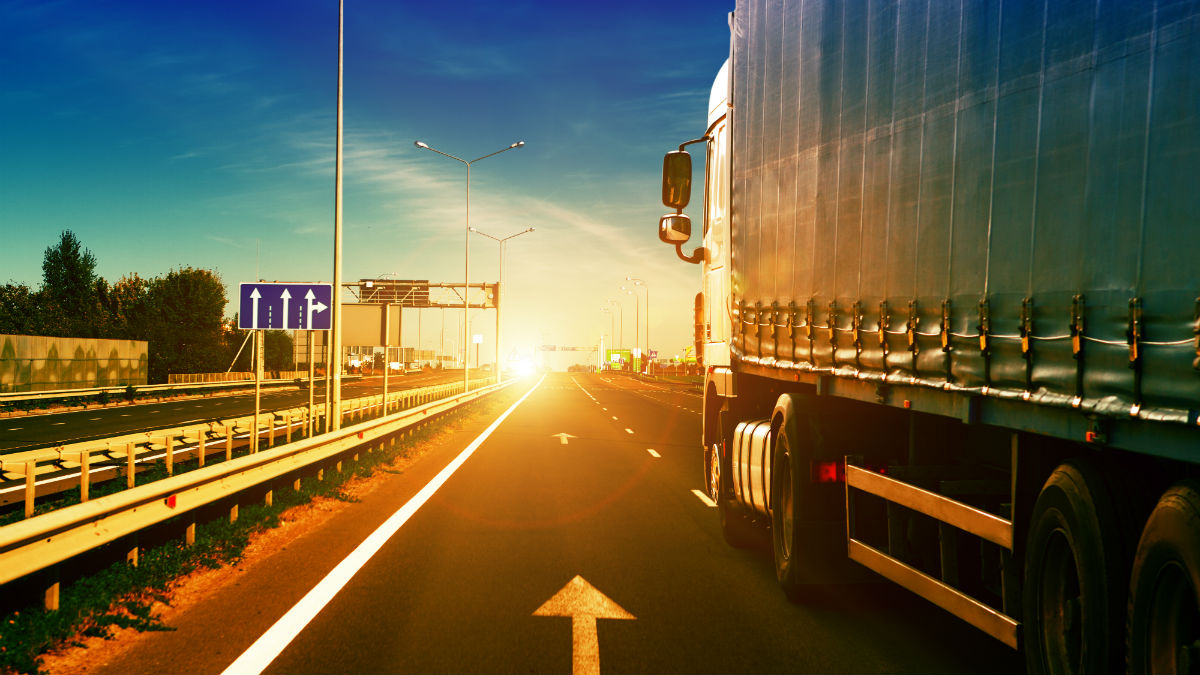
Driverless Trucks Would Save Time, Money, and Lives
As technology brings us ever closer to driverless cars, most of the focus has been on the anticipated impact and benefit for commuters, ride-sharing services, and recreational vehicles. However, the implications for commercial traffic are perhaps even more profound.
Last week, the House of Representatives held a hearing to discuss a legal framework for allowing driverless trucking, something that, until now, has been barely considered.
As one would expect, Big Labor is steadfastly opposed to the automation of trucking, emphasizing the potential job losses for truckers. And while it’s true that it will force some change in the job market, this is hardly a reason to resist a technological development that will drastically improve the lives of the majority of Americans.
With the increased demand for rapid shipping for online commerce, the trucking industry has experienced an unprecedented level of activity and strain. The problem is that human drivers are only that — human. The biological needs for food, sleep, and rest means that there are very real limits to how far truck drivers can be pushed before tragic consequences ensue.
Truck driving is one of the most dangerous professions in the United States, with hundreds of drivers killed every year. Driving-while-exhausted is at least as dangerous as driving drunk, if not more so, and the demands of the modern trucking industry demand that drivers push themselves beyond normal limits. Some drivers resort to dangerous drugs to keep themselves awake and alert for unnaturally long periods of time.
All this is to say that the current model for commercial trucking is harmful, both to the drivers and to those who share the road with them. Replacing human drivers would save lives, improve shipping times, and make cross-country transportation cheaper for everyone.
Any such drastic change is going to have drawbacks as well as benefits, and I don’t mean to minimize the loss suffered by those who will be put out of a job by automation. Like so many workers before them, they will have to adapt to the new technology, and such a transition is sure to be painful and difficult.
Nevertheless, we should not let the fate of one relatively small group of people blind us to the broader benefits of automation to the general public — benefits that will dwarf the drawbacks in the long run. It is also worth noting that there are few career truck drivers, as the industry’s demanding hours and low pay are cause for very high turnover.
One of the failings of politics is that small, organized interest groups can have an outsized effect on policy decisions, and in this case, the voices of labor unions will be far louder than those of motorists who stand to enjoy safer freeways, or consumers who would benefit from cheaper, faster shipping.
But this does not change the fact that technological change is, and will continue to be, hugely important in improving human productivity (and, by extension, the standard of living we all enjoy)?
It remains to be seen how the House will handle the idea of driverless commercial vehicles, but let us hope that special-interest politics does not trump sound reasoning in what could be one of the most important commercial developments of the 21st century.
This article originally appeared on Conservative Review.
Free the People publishes opinion-based articles from contributing writers. The opinions and ideas expressed do not always reflect the opinions and ideas that Free the People endorses. We believe in free speech, and in providing a platform for open dialogue. Feel free to leave a comment.



